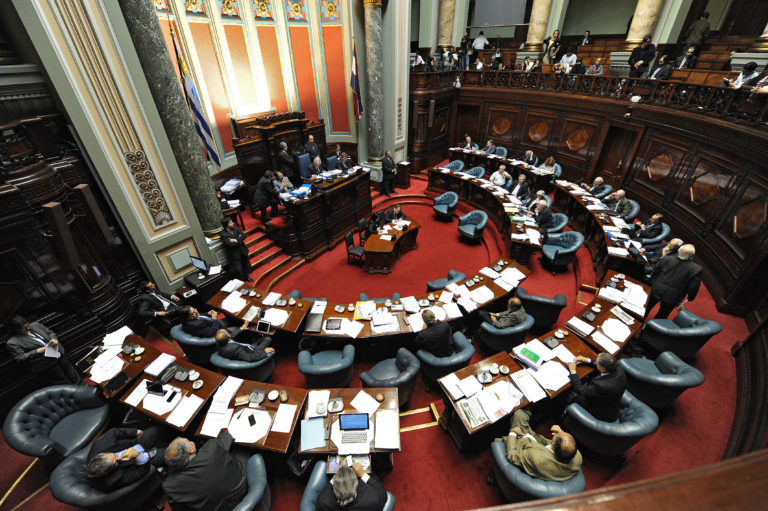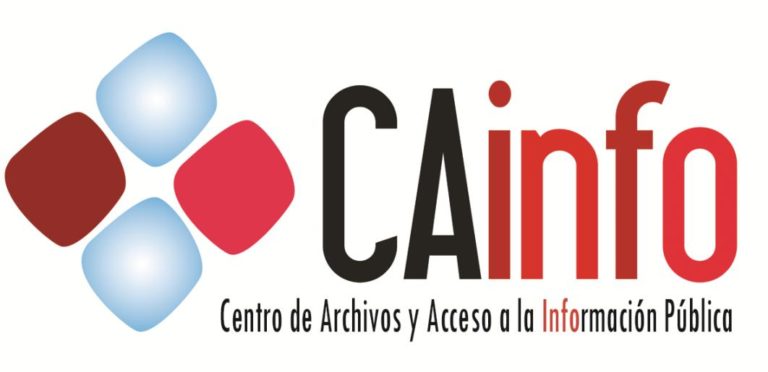(AMARC/IFEX) – The Uruguayan Senate has approved a bill that provides for modifications to several articles of the country’s press law, in addition to articles in the Criminal Code. The modifications include significant elements affecting defamation and the offence of “insult to authorities” (desacato). The bill was unanimously approved by the Senate and now passes […]
(AMARC/IFEX) – The Uruguayan Senate has approved a bill that provides for modifications to several articles of the country’s press law, in addition to articles in the Criminal Code. The modifications include significant elements affecting defamation and the offence of “insult to authorities” (desacato).
The bill was unanimously approved by the Senate and now passes to the Chamber of Representatives to be put into effect, barring any unforeseen changes.
The modifications to the law include articles that incorporate international standards on the interpretation and application of civil and criminal norms and processes with respect to expression, opinion and circulation of information and communications. In particular, the rulings and opinions of the Inter-American Court of Human Rights and resolutions and reports from the Inter-American Commission on Human Rights will be taken into account.
The modified Press Law contains articles that include protection for those who disseminate information of interest to the public about authorities and other public figures. It also states that these protections will not apply in cases where “real malice” or intent to commit a wrong against an individual or the private life of an individual is proven.
The offence of “insult to authorities” will only apply in cases where the authority of public officials is damaged by way of “real offences executed in the presence of the official or in the place where the official carries out his or her functions,” or by way of “open disobedience to the legitimate mandate of a public official.” Nobody, however, will be punished for voicing their disagreement with the work or actions of an official or public figure.
Article 7 of the law states that communication crimes will only be considered to have taken place when a media outlet commits an offence considered to be a crime by the Criminal Code or other special laws.
Meanwhile, with respect to the right of reply, “a complaint will be considered closed as soon as the media outlet in question publishes or broadcasts the required response with equal emphasis given relative to the information that provoked the response.”
Updates alerts on the press law bill: http://ifex.org/en/content/view/full/97963


